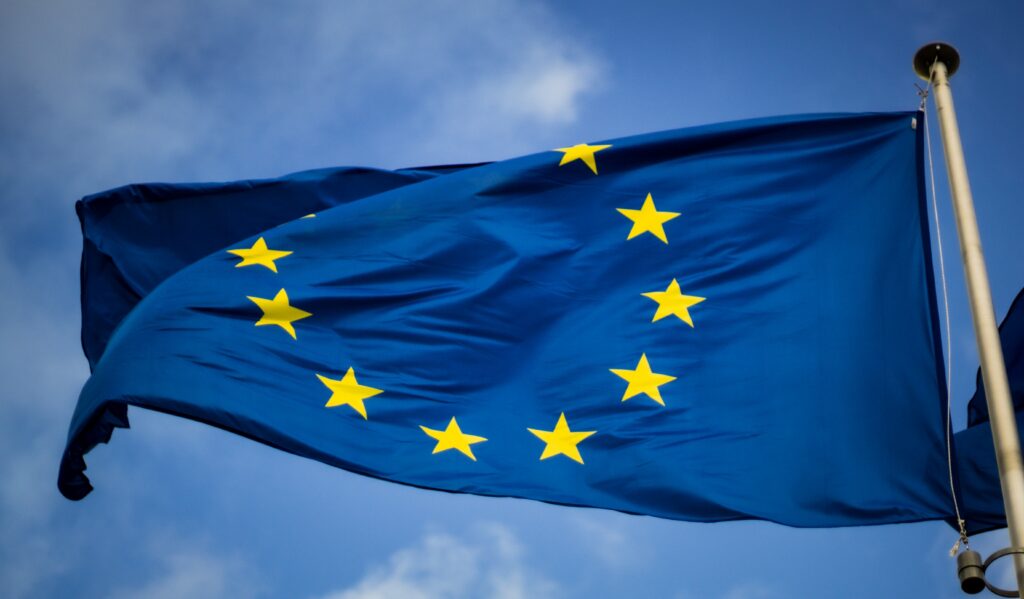On December 14th, the Council of EU and the EU Parliament reached a provisional agreement on the Corporate sustainability due diligence directive (CS3D), which aims to enhance the protection of the human rights and the environment in the EU and globally.
If we are still awaiting the publication of the text, the press releases of the Council of the EU and the EU Parliament provide an overview of the agreed requirements, and sheds light on the main questions that remained unanswered.
- The Scope. The CS3D will apply to large EU companies with more than 500 employees and more than €150 million worldwide turnover. There are lower thresholds for companies in identified “high risk” sectors such textiles, agriculture, extractive industries and construction. These cover companies with more than 250 employees and a turnover of more than €40 million, if at least 20 million are generated in one of the “high risk” sectors. For non-EU companies, the CS3D will apply to companies with €150 million net turnover generated in the EU. In order to facilitate the identification of foreign companies, the Commission will have to publish a list of non-EU companies falling under the scope of the CS3D.
- Financial Sector. For the time being, financial services are temporarily excluded from the scope of the CS3D. However, a review clause is foreseen for the possible inclusion of downstream financial services.
- Definitions. The nature of human rights and environmental impacts is specified in the provisional agreement. The Annex I contains a more complete list of specific rights and prohibitions based on international instruments, including ILO core conventions and UN conventions. More information is provided regarding environmental impacts (it includes any measurable environmental degradation such as harmful soil change, water or air pollution, harmful emissions or excessive water consumption or other impacts on natural resources). In addition, new elements specifically address vulnerable groups.
- Value Chain. The CS3D will cover a company’s own activities as well as upstream business partners of the company and partially the downstream activities, such as distribution or recycling.
- Due Diligence Obligations. The obligation for companies to engage meaningful engagement including a dialogue and consultation with affected stakeholders will be one of the measures of the due diligence process.
- Climate Transition Plan. Companies, including those in the financial sector, will be required to adopt and implement a climate transition plan in line with the 1.5°C goal of the Paris Agreement. For large companies with more than 1,000 employees, executive compensation may be linked to the successful implementation of the transition plan.
- Access to Information. EU governments will be required to create practical portals, dedicated to companies’ due diligence obligations, that will provide information on content and criteria, related Commission guidance and information for stakeholders.
- Civil Liability Regime. The provisional agreement tends to facilitate access to justice for persons affected (5-year time limit for filing claims, including for trade unions and civil society organizations) and confirms a civil liability regime for damages. In simple terms, victims will have the right to be compensated for the damage caused by the violation of due diligence obligations.
- Supervision & Penalties. A supervisory authority will be designated in each EU country to monitor compliance with the CS3D obligations. These bodies will share best practice, cooperate at EU level, but also have the power to issue injunctions and impose penalties, including naming and shaming and fines of up to 5% of the company’s global net turnover.
- Termination of business relationships. With respect to business relationships, as a “last resort”, companies that identify adverse human rights or environmental impacts by their business partners must terminate those business relationships if those impacts cannot be prevented or remedied.
Next steps
This provisional agreement must now to be endorsed and formally adopted by the Council of EU and the EU Parliament. More information will be provided on our blog when the provisional agreement is published. Ksapa can help companies anticipate these new requirements to identify and remediate their human rights and environmental impacts.






